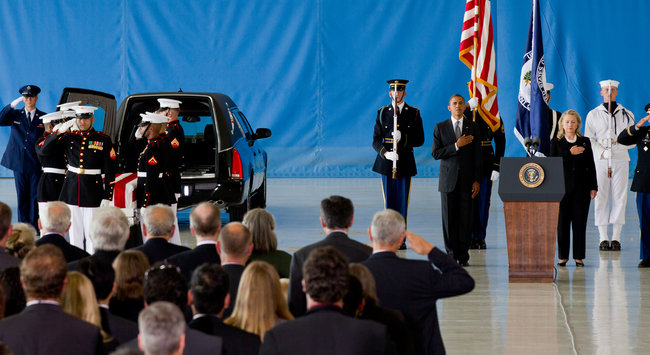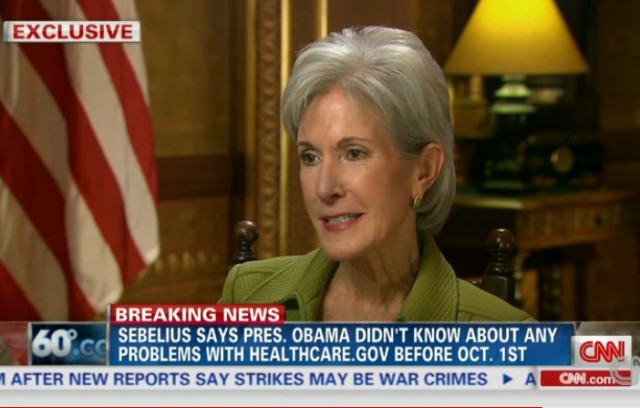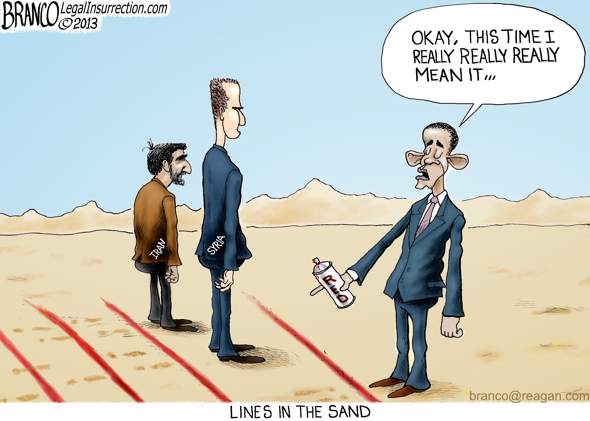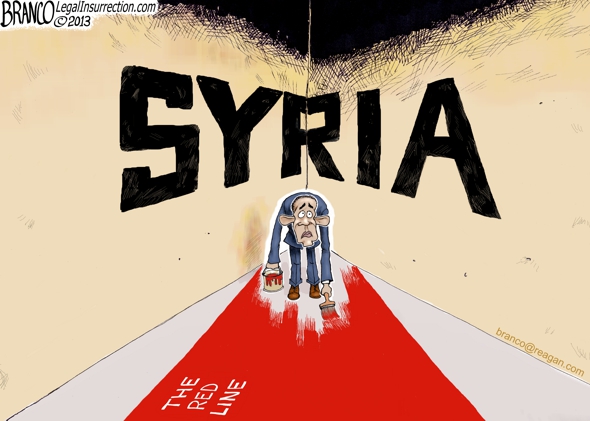In an effort to deter the US from attacking Syria, the “International Human Shields” movement is eying to locate civilians to Damascus from across the globe, including Britain and the US,
reports the Daily Telegraph.
Even as residents are evacuating Syria, hundreds of activists are volunteering to be placed in harm’s way against possible air strikes, despite the dangerous nature of the protest.
One such activist is Andrew, a 33 year-old Canadian pianist.
“I don’t want to see Syria turn into another Libya,” he told the Daily Telegraph. “If I had a hand big enough to squash the US tanks then I would. Democracy is America’s deadliest export, they use it as an excuse to destroy countries.”
Franklin Lamb, a lawyer appointed as the legal adviser for the US-based group,
stated in a recent op-ed that he is frequently asked how Obama can ignore the reluctance of American people to become militarily involved in Syria.
“What kind of Democracy do you have that your President can ignore the will of the American public?”, he is asked by Syrians.
Lamb describes how the goal is to bring “1000 Americans and thousands of others” to potential bomb sites in Syria during the next ten days, reminding Lamb of "one of the International Solidarity Movement international volunteer’s efforts in Occupied Palestine in order to try to protect homes of Palestinians from Government bulldozing".
According to Lamb, an objective of the movement is to ensure a message of solidarity among the international community by sending “ideally at least one representative from every UN Member State.”
However, one of the major obstacles to fulfilling this goal will be convincing the Syrian government to allow the activists to enter the country.
If allowed in the country, activists are to be sent to sites deemed critical to the survival of the Syrian people which include, “power plants, water treatment facilities, bomb shelters (if they exist), civilian communications sites, food storage sites.”
Meanwhile, Syria prepares for US attacks, positioning troops in residential neighborhoods and warning residents to move out,
according to the Wall Street Journal.
Another group of human shields, called “Over Our Dead Bodies, has already been organized by some Damascenes. Reuters has footage of the group, which has allegedly received support from all over the globe, in the video below.














